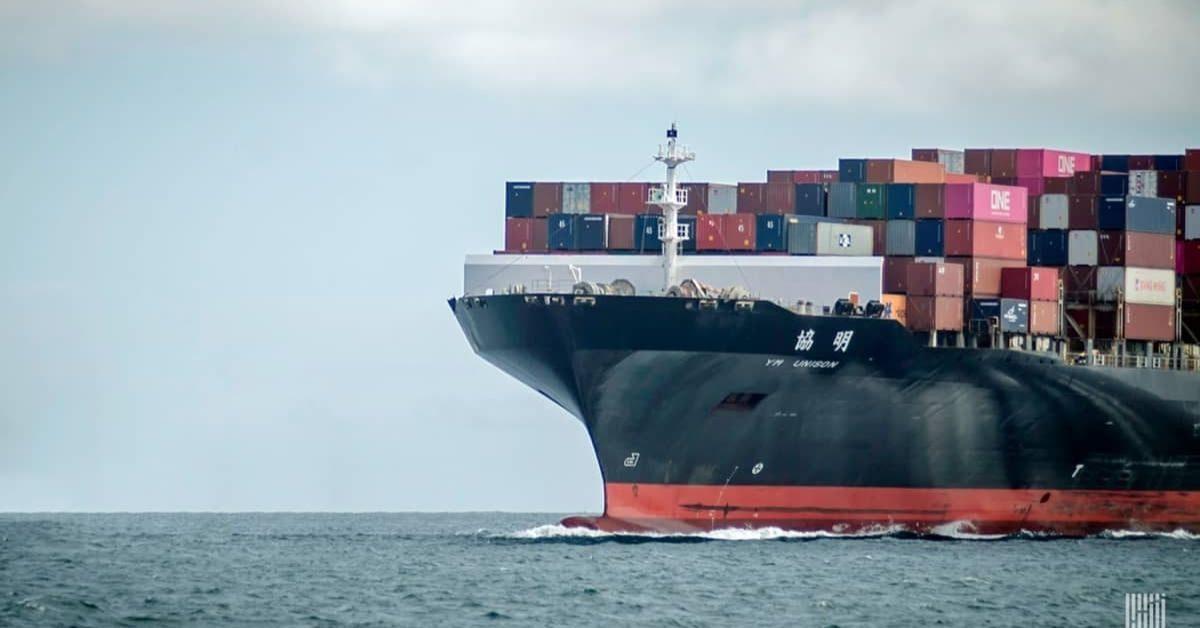In the aftermath of attacks by Houthi rebels in the Red Sea, global trade is grappling with heightened freight costs. The situation escalated when Houthi rebels targeted a Singapore-flagged Maersk container, prompting the US military to sink three Houthi boats. However, the major concern for global trade arises from Maersk’s decision to withdraw its ships from the Red Sea for at least the next 48 hours.
Speaking with CNBC-TV18, Jayanta Kumar Seal, Professor at the Indian Institute of Foreign Trade (IIFT), Kolkata Campus, and Ajay Sahai, Director General & CEO of the Federation of Indian Export Organisations (FIEO), delved into the potential short-term and long-term-impacts-on-Indian exports in 2024.
Sahai highlighted that exporters are holding back consignments due to fears of theft or destruction. Buyers are advising companies to withhold shipments, particularly in contracts on the Free on-board (FoB) basis, where buyers bear freight costs. With freight rates already on the rise and expected to increase by 50%, exporters are exercising caution.
Sahai said some shipping lines are opting for the longer route around the Cape of Good Hope, adding 12-14 days to voyage times. This rerouting may impact container availability in the short term. Sahai anticipating a potential increase of up to 50% in freight rates.
India’s exports in 2024 are expected to expand by 3-4% to around $800 billion. Sahai foresees a slight decline of approximately 3-4% in the merchandise sector, offset by a more optimistic projection of around 14-15% growth in the services sector. Sunil K Vaswani, Executive Director of the Container Shipping Lines Association, pointed out that the rerouting requires extra capacities, leading to higher costs. If this situation persists, customers may have to bear the brunt of these increased expenses.
Seal pointed out specific challenges, stating that freight charges to Yemen have surged from $850 to $2,400 per container. This spike has created ripple effects in the domestic market, affecting basmati exports and causing price fluctuations in commodities such as sunflower oil, which is imported.







